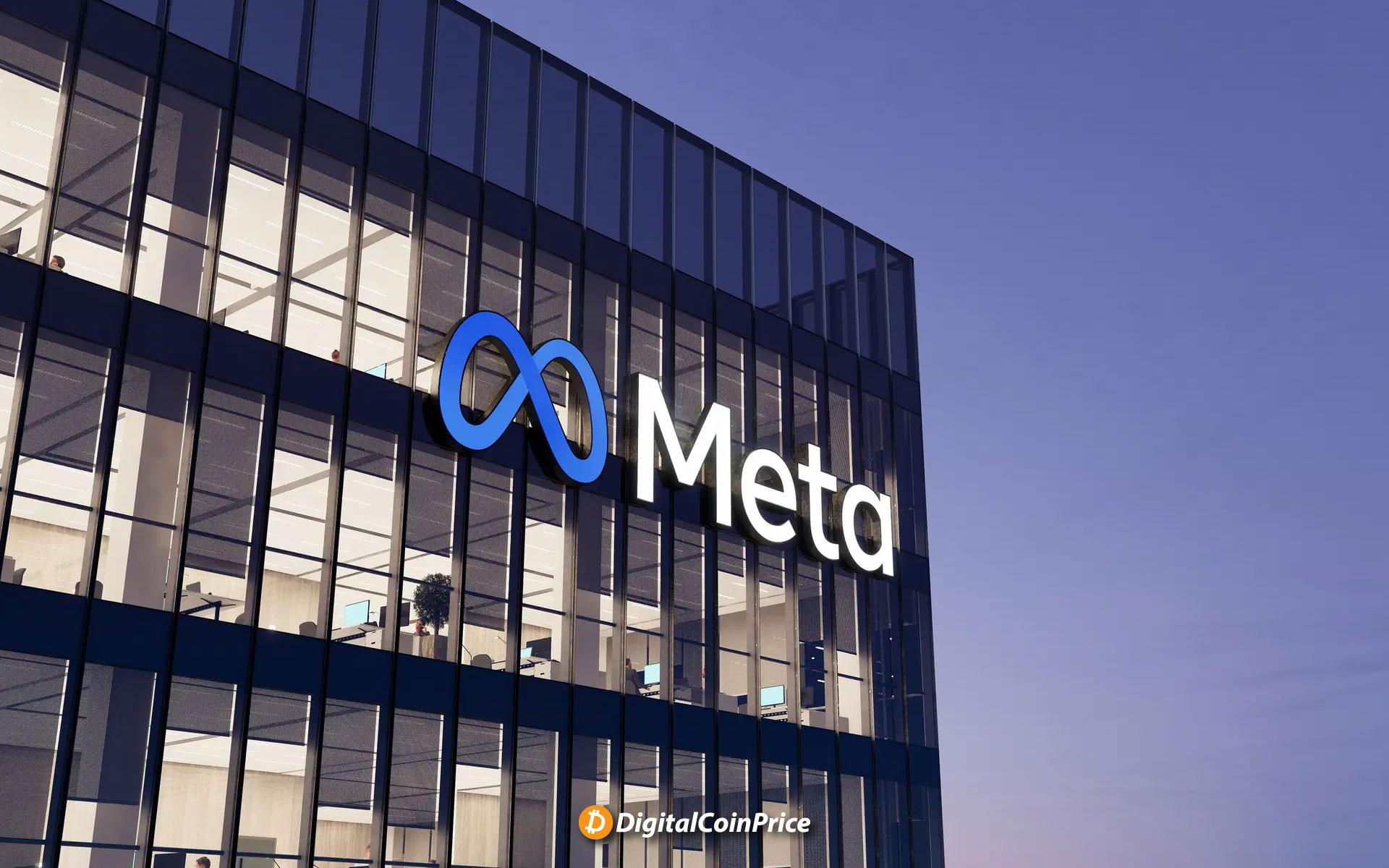In October 2021, the company adopted a brand name reflecting its ambitions to transcend social media and enter the Metaverse and Web3.
The Facebook Connect conference on Oct. 28, 2021, was the first time the social network rebranded itself as Meta.
Changing its name reflects the company’s desire to expand beyond social media into Web3, cryptocurrencies, and fungible tokens – virtual worlds where consumers spend more time.
Read Also: 90% of Twitter’s Indian staff have been fired; only a few remain.
Meta announced its virtual reality social network Horizon Worlds in December 2021 and started advertising crypto ads on Facebook in January 2022.
A digital currency called Zuck Bucks, designed for use in the Metaverse internally was reported to be in the works for the company in April 2022; however, further updates on the project have not been seen since.
Earlier this month, Meta Pay, a payments platform that supports digital assets and cryptocurrencies, filed five trademark applications.
With Facebook wallets linked to 2.9 billion accounts worldwide, 2.9 billion users can display their digital collectables and NFTs on Facebook and Instagram.
A partnership between Meta and Microsoft was announced on Oct. 11 to integrate Microsoft Office 365 products into Meta’s virtual reality (VR) platform and tempt other companies to work virtually.
Although the year has been successful in many ways, it has not been without its challenges, particularly as the company’s ambitions for the Metaverse have grown.
The previous week, Altimeter Capital’s CEO and founder dubbed Meta’s annual investments of $10 billion to $15 billion in the metaverse “super-sized and terrifying.”
This anxiety was only heightened by Meta’s Q3 report, which dropped 23.6% following its release. The company’s virtual reality research and development arm, Reality Labs, has accumulated a $9.44 billion loss this year.
The Meta Eiffel Tower fiasco may also be remembered by many when Meta CEO Mark Zuckerberg’s avatar was mocked for its poor graphics.
In the meantime, The Wall Street Journal reported on Oct. 15 that Horizon Worlds’ monthly active user goal had been slashed by nearly half, indicating the company’s flagship Metaverse is “falling short.”
Read Also: FTX Tokens to be liquidated by Binance following ‘recent revelations.’
On Oct. 26, Zuckerberg spoke about this backlash, explaining that “we’re iterating out in the open” despite the social metaverse platform being in its “early version.”
This is a live, early product platform that’s evolving quickly. It still has a long way to go before it reaches what we hope it will be. The CEO said this.
However, Zuckerberg noted on the call that the company is continuing its efforts in Web3 and artificial intelligence and that “we’re on the right track with these investments,” we should continue to invest heavily in these areas.
During a virtual event held on Oct. 11, the company unveiled Meta Quest Pro, a brand-new computer platform from Reality Labs, and a partnership with Microsoft.
Metaverse work is at the centre of Quest Pro. A brand-new PC is purchased by 200 million people every year, primarily for work.
As the Quest Pro line continues to evolve over the next few years, we hope to provide people with more virtual and mixed reality work opportunities, even better than they can on their PCs,” said Zuckerberg.
These three areas are the ones we are focused on. AI discovery engine, the platforms for business messaging, and the vision for the future of the Metaverse.
Read Also: E-Naira CBDC and ruling elites are being shunned by Nigerians, who prefer ‘real’ cryptocurrencies
